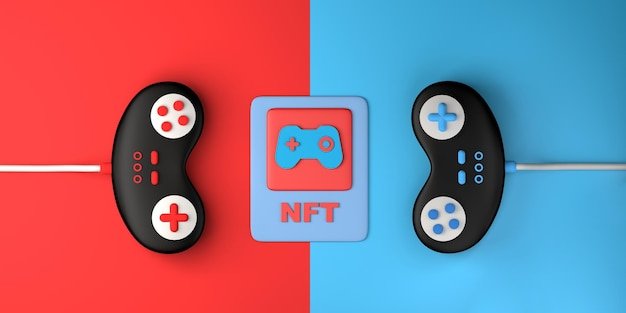
2D vs 3D Games – What Should You Learn First?
A beginner’s guide to choosing your path in game development
📱 2D Game Development
2D games are flat, with graphics that only have width and height. They’re typically simpler to create and are great for beginners.
Popular 2D Game Engines
- Unity (with 2D template)
- Godot
- GameMaker Studio
- Construct
Pros
- Easier to learn for beginners
- Faster development cycles
- Less demanding on hardware
- Simpler mathematics required
- Great for mobile and web games
Cons
- Limited depth in visual presentation
- Less mainstream for AAA titles
- Can be perceived as “simpler” by players
- Fewer opportunities for advanced graphics
🎮 3D Game Development
3D games have depth, with objects that exist in three dimensions (width, height, and depth). They’re more complex but offer immersive experiences.
Popular 3D Game Engines
- Unity
- Unreal Engine
- Godot
- CryEngine
Pros
- More immersive player experiences
- Industry standard for AAA games
- Greater creative possibilities
- Higher revenue potential
- More advanced career opportunities
Cons
- Steeper learning curve
- Longer development time
- More complex mathematics
- Higher hardware requirements
- More assets required (models, textures)
💡 Which Should You Learn First?
For most beginners, we recommend starting with 2D game development. The concepts are easier to grasp, you’ll see results faster, and the skills you learn will transfer to 3D development later.
Your Goal
Do you want to make games quickly or learn industry-standard 3D?
Time Commitment
2D is faster to learn, 3D requires more time investment
Skills
2D requires less math, 3D needs vector math and 3D concepts
If you’re completely new to programming and game development, start with 2D. If you have some experience or are specifically interested in 3D games, you can begin with 3D but be prepared for a steeper learning curve.
❓ Frequently Asked Questions
Absolutely! Many concepts from 2D game development transfer to 3D. Starting with 2D gives you a solid foundation in game design principles, programming logic, and workflow that will make learning 3D easier.
Both have good opportunities, but 3D game development tends to have more positions in AAA studios. However, the mobile game market (primarily 2D) is massive and continues to grow.
While you don’t need to be an artist yourself, 3D games require more complex assets. You’ll either need to learn 3D modeling or work with artists. In 2D, it’s easier to create your own simple graphics.
The core programming concepts are similar, but 3D introduces additional complexity with 3D math (vectors, matrices), cameras, lighting, and more complex physics.

Leave a Reply